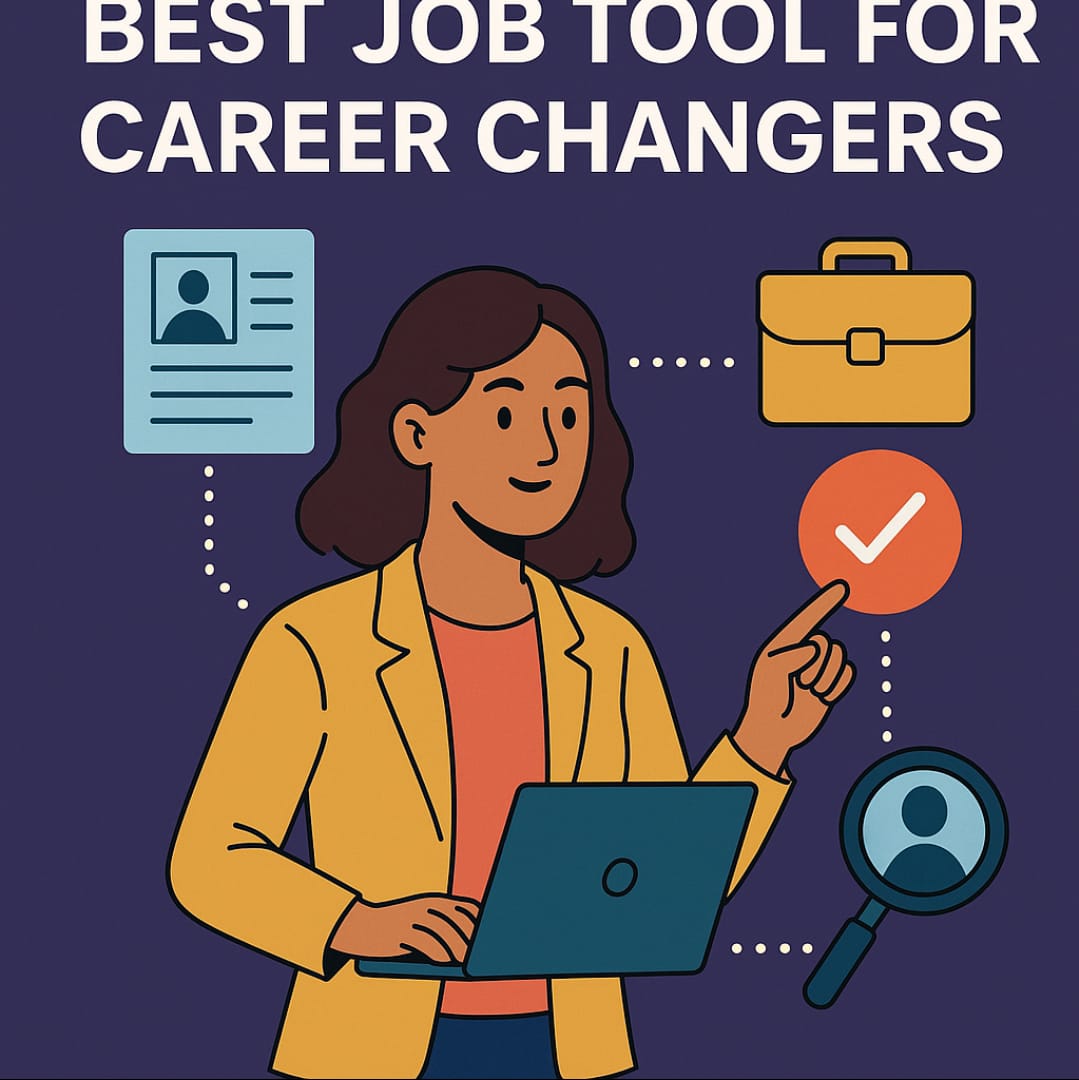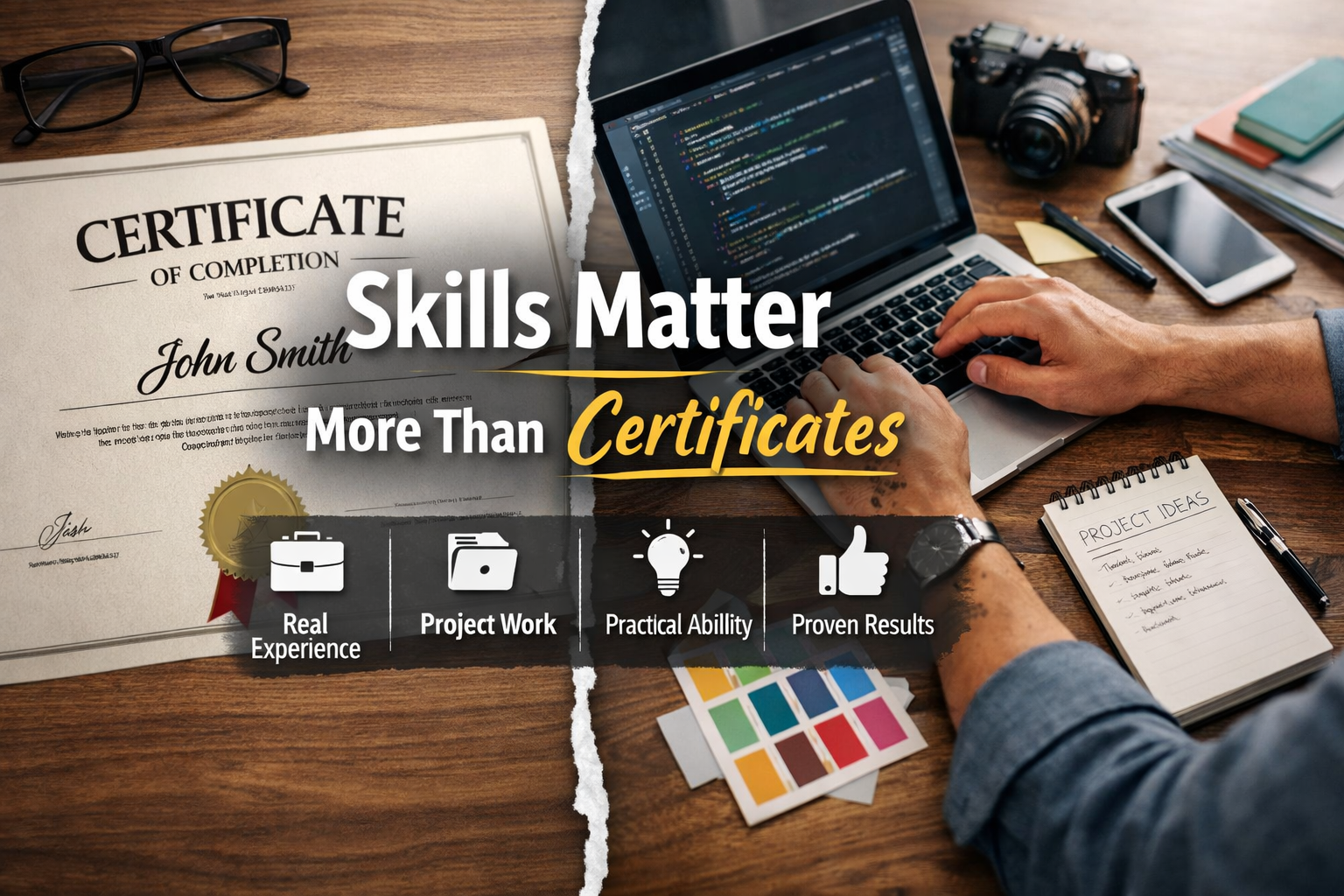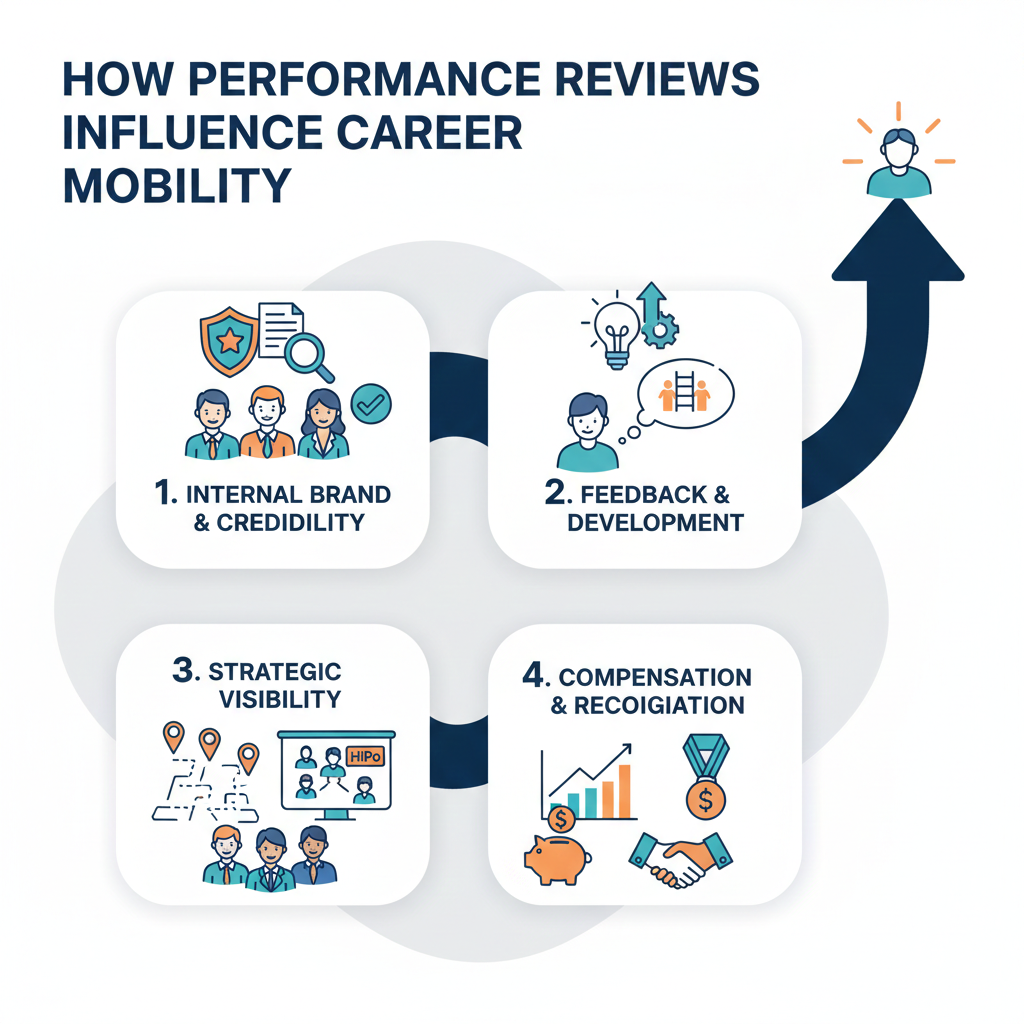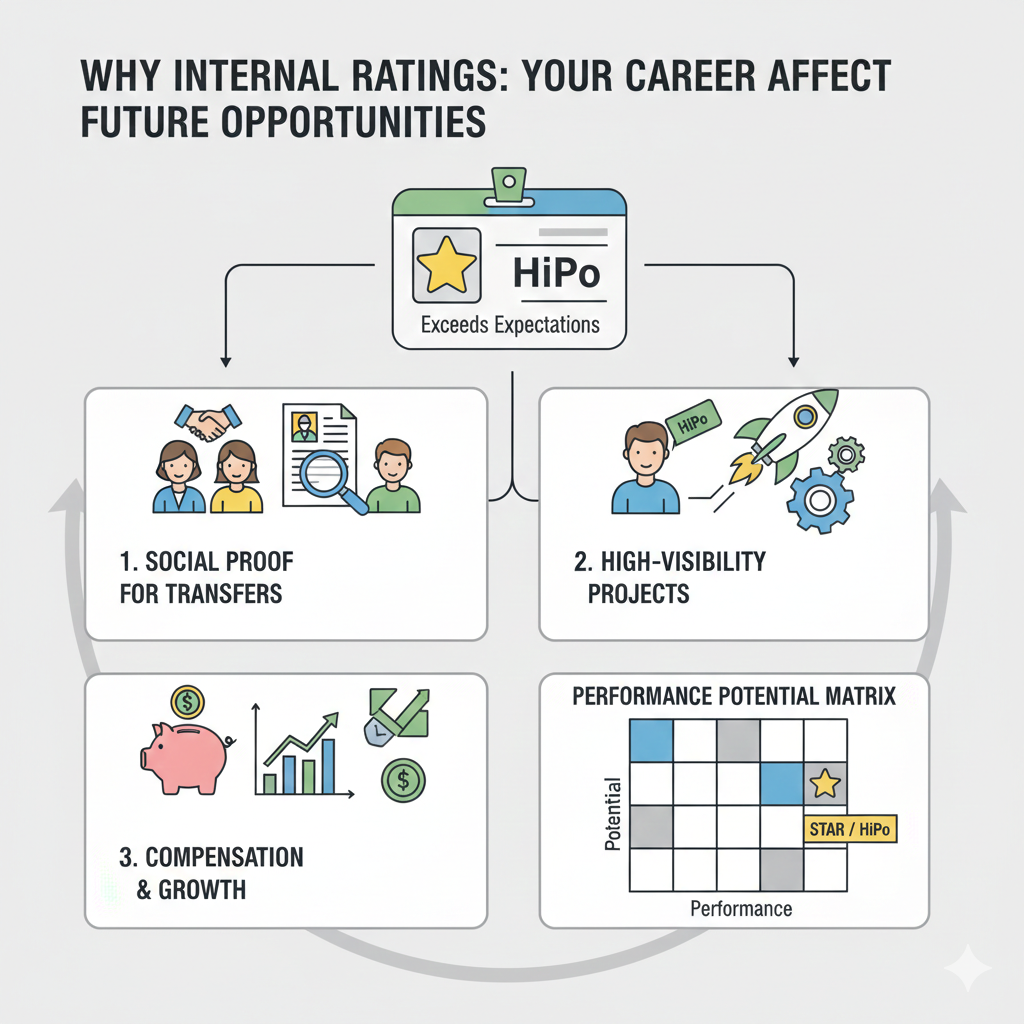Introduction
Changing careers is a major decision because it means changing everything — your job, your working style, your interests, and even your colleagues. When someone decides to switch careers, they often face many challenges. There are also many people who, after deciding to change careers, don’t know how or where to start their job search. But if you’re someone who wants to make a career change and is reading this article, then you’re at the right place. This article will guide you through the best job tools for career changers, common difficulties people face during a career transition, how to avoid them, which job tools you can use to find the right opportunities, and how to make your career shift smooth and successful. You’ll also find helpful tips on how to use these tools effectively.
Why do people change careers?
Burnout or Stress
That current work makes them tired mentally as well as physically, but they want a peaceful work in which they are interested. That’s why they want to change their career.
New Interests or Skills
People also want to change their careers because if they have learnt new skills like writing and designing, other interests start developing in these fields. And they also want to continue working on these.
Limited Growth Opportunities
Sometimes a candidate is eligible for promotion for their hard work, but the company does not give a promotion and there is no scope for learning new skills. That’s why they become career changers.
Lack of Fulfillment or Passion
They no longer enjoy their work or feel connected to it. They want to do something they are truly passionate about. They want to work on what they love.
Better Salary or Benefits
Sometimes people expect more salary and benefits, but the company fails to offer them valuable salary, flexible timing, and the benefits.
Life Changes
Marriage, relocation, health, or family responsibilities often lead to a career shift.
Industry Changes
Sometimes the industry becomes unstable or jobs get replaced by automation.
How can job tools support this transition?
Job tools help to change careers smoothly. These tools help you to explore new career options. It suggests a role based on your skill and interest. And you can also update your resume and cover letter according to your new career field with the help of resume and cover letter builders. It also shows your skill gaps and recommends courses that you can take to improve your skills. A career change requires a well-crafted resume tailored to your new path — explore the best resume builders that can help you highlight your transferable skills. Job search platforms find suitable jobs for you according to your preferences (remote work, salary, role). You can also get practical experience in a new field with the help of freelancing platforms such as LinkedIn and connect with professionals. Overall job tools make it simple and structured for your career transition journey.
The challenges career changers face
Self-doubt and fear of failure
At the time of changing careers, people get confused about the decision to change careers because changing careers is risky, as they don’t know the duration of being settled, and if it will work for them.
Lack of industry experience
Changing a career is difficult because they don’t have any prior experience in that field which makes it difficult for the person to stand out and get the job easily.
Financial insecurity
Shifting careers can lead to a decrease in income because one has to start from the beginning, which is why sometimes they have to work on either a low salary or an internship without any salary.
Skill gap
Every industry has its own tools and skills; if a person is changing their career, they have to learn the skills and tools of the new industry, which takes time and effort.
Starting from scratch
In your previous field, you may have built a strong reputation or senior position. But in the new career, you often have to start at an entry-level role again.
Age or peer pressure
Some people worry they’re “too old” to make a change or fear judgment from family, friends, or society for starting over.
Limited network
Not knowing the right people in your new field can slow down your progress. Networking is essential for job leads, mentorship, and opportunities.
What is a job tool?
As we’ve seen, changing careers comes with many challenges that need to be faced and solved. To overcome all these challenges, there are several job tools available for career changers. So first, let’s understand — what is a job tool?
A job tool is a platform, or website that connects candidates with employers.
These tools make the job search process easy and fast, providing candidates with the opportunity to apply for jobs that match their preferences.
Best job tools for career changers
Now that we know what a job tool is, let’s move on to explore which job tools can be game-changers for career changers.
1. Best Job Tool
It is a best job tool to find relevant jobs according to your skills and interests. It is a dynamic job search platform dedicated to connecting talented individuals with leading employers across various industries.
Key features :
- Has user-friendly interface.
- Provide comprehensive resources to help job seekers find their ideal roles.
- Offer detailed job descriptions, including responsibilities, qualifications, and requirements.
- Ensure candidates have all the information they need to make informed career decisions.
Explore top job opportunities and advance your career with Best Job Tool.
2. Teal
What it does: Helps you organize your job search with a smart tracker, resume builder, and job recommendations.
Key Features:
- Create customized resumes for different job roles.
- Get suggestions to improve your resume content and keywords.
- Track which stage you’re at — applied, interviewed, rejected, etc.
- View saved jobs easily inside your Teal dashboard.
- Set reminders to follow up or prepare for interviews.
- Generate personalized cover letters using AI.
- Shows which skills are missing from your resume for a specific job.
Pricing:- Teal offers a Free plan with unlimited job tracking, resume templates, and basic keyword matching. The Premium plan (Teal+) starts at $9/week, $29/month, or $79/quarter, offering advanced resume analysis, unlimited AI bullet points, cover letter generation, and interview prep tools.
Best For: Professionals looking to manage multiple job applications.
3. Jobscan
What it does: Compares your resume with job descriptions and gives suggestions to improve it.
Key Features:
- Gives you a match rate score (percentage) to show how well your resume fits the job.
- Uses an Applicant Tracking System (ATS) simulator.
- Highlights missing keywords and skills from your resume.
- Suggests improvements to attract more recruiters.
- Rates your resume on various factors like word choice, formatting, skills, and length.
Pricing:- Jobscan offers a free plan with 5 resume scans per month. Its premium plans include a Monthly plan at $49.95 and a Quarterly plan at $89.95 (around $30/month). Paid plans offer unlimited scans, cover letter and LinkedIn optimization, and a job tracker.
Best For: Improving a resume to get past ATS filters.
4. LinkedIn
What it does : The first one is LinkedIn. It is a professional networking platform where people create their professional profiles to showcase their skills, experience, and achievements. This is the best platform for finding professional jobs.
Key features:
- You can connect with the industry experts, recruiters, and professionals.
- You can use your LinkedIn profile as a digital resume.
- You can see all the information about the company and its job openings by following them.
- You can improve your skills through LinkedIn learning courses.
- Find full-time, part-time, remote, and freelance jobs. Set up job alerts based on your interests and location.
Pricing:-
Free Version – Create profile, connect with people, apply for jobs, post content, and limited search visibility.
Premium Career – ₹1,500–1,800/month (Best for job seekers)
Premium Business – ₹2,200–2,900/month (Best for professionals & entrepreneurs)
Sales Navigator – ₹4,000–4,500/month (For lead generation & outreach)
Recruiter Lite – ₹6,200–7,500/month (For hiring & talent search)
Best for: Job search + professional networking
5. Indeed
What it does : Indeed is a job search engine that collects job listings from thousands of websites, company career pages, and job boards. Here, you can upload your resume and search for jobs using filters like location, salary, and experience.
Key features:
- Access to millions of job postings from various industries, locations, and experience levels — great for exploring new career paths.
- Read employee reviews and get insights into company culture, salary, and work-life balance before applying.
- Set up custom job alerts for specific roles or industries, so you never miss out on new opportunities in your target field.
- Create or upload your resume directly on the platform and apply with one click using “Indeed Resume”.,
- You can filter jobs by title, company, salary, location, remote options, and experience level (including entry-level or career change roles).
Pricing:- Indeed is free for job seekers, including resume uploads, job applications, and job alerts.
Best for:- Job seekers who want free access to a wide range of job listings and easy application tracking.
6. FlexJobs
What it does : A trusted platform that offers hand-screened remote, part-time, and freelance jobs across various industries. It’s ideal for professionals looking for flexible work options.
Key features:
- All jobs get checked manually on FlexJobs – no scams, only trusted and genuine jobs.
- You can easily search for jobs according to location, type, schedule, and industry with the help of a filter.
- Here you can mostly find remote, hybrid, part-time, and freelance jobs.
- You can create your professional profile and resume. You will get suggestions to improve your resume.
- Skill tests, career coaching, guides, and webinars are also available.
Pricing:- 14-Day Trial – $2.95 (one-time, then auto-renews)
Monthly Plan – $23.95/month
Quarterly Plan – $29.95 every 3 months (~₹830/month)
Annual Plan – $71.40/year (~₹500/month)
Includes 14-day money-back guarantee.
Not free – subscription needed to access jobs.
Best for:- FlexJobs is best for remote job seekers, freelancers, and anyone looking for flexible, scam-free, and professionally verified work-from-home opportunities.
Mistakes career changers should avoid
Here are some of the common mistakes career changers make, which often lead to trouble and make their career change decision more difficult. To make the transition easier and faster, you should avoid all the mistakes listed below.
Changing careers without clarity
If you decide to change your career because of the frustration and boredom with your current job then this is a big mistake for career changers.
Ignoring transferable skills
Career changers not recognizing how your past experience can apply to a new field.
Not update easily the resume properly
If you want to change your career and want to start in a new field then you should customize your new resume according to the new role. Do not send the old resume.
Not researching the new industry
Failing to understand the new industry, its demands, and growth potential.
Ignoring skill upgraded
One mistake usually candidates make is ignoring important training and certification which will help start their new career easily.
Neglecting networking
Missing out on valuable connections and mentorship opportunities.
Tips to use job tool for career changers effectively
Here are some tips to avoid all the mistakes listed above. Read them carefully and apply them in your life to avoid unnecessary trouble.
Set clear goals
First, you need to decide whether you really want to change your career or not and if your answer is yes, then decide what role you need to do in which you are interested.
Track your applications
Use a job tracker to track your applied job, so that you can give follow up timely.
Use multiple tools together
Combine platforms like Teal, Jobscan, and LinkedIn to cover different aspects like job search, optimization, and networking.
Customize your resume for each job
If you are changing your career then your skills will also change and for that, you need to create a professional, impressive, and customized resume according to your new skills.
Regularly update your profiles
Keep your resume, LinkedIn, and job portal profiles updated with new skills and experience.
Use analytics and feedback
Pay attention to feedback or scores from tools (like match rates in Jobscan) and improve your documents accordingly.
Conclusion
Many career changers prefer flexible or remote roles — if that’s you, make sure to check out our list of the best job tools for remote job opportunities.
Now that you know what are the best job tools for career changers, challenges, how to deal with them, and which mistakes to avoid — what are you waiting for? It’s time to take action! Start exploring and analyzing all the job tools carefully. See which ones are actually useful for you and which aren’t. Use them in a way that helps you move closer to your goals, so you can successfully change your career and find true happiness in your work.
With the help of these tools, turn your career change into a game-changer.







Leave a Reply